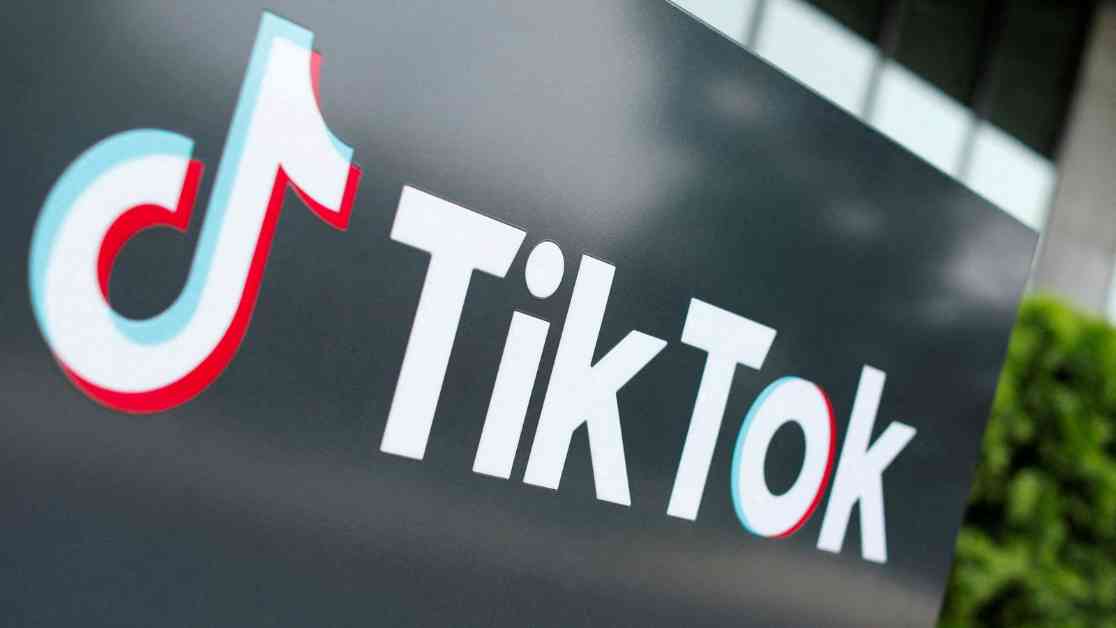Albania’s TikTok Ban: A Drastic Measure to Curb Violence
Albania has made a bold move to address the rising concerns about social media’s impact on children by announcing a year-long ban on the popular video-sharing app TikTok. This decision comes in the wake of a tragic incident where a 14-year-old boy lost his life, reportedly due to an argument that escalated on social media. Prime Minister Edi Rama has attributed the ban to TikTok’s role in promoting violence and bullying among youths, sparking a nationwide debate on the need for stricter regulations.
The Ban on TikTok in Albania
Prime Minister Edi Rama has taken a firm stand against TikTok, emphasizing the app’s negative influence on Albanian children. He announced that starting early next year, access to TikTok will be blocked for everyone in the country. Rama’s decision reflects a broader effort to create a safer environment for children, as concerns about the impact of social media continue to grow.
Backlash and Support
While the Prime Minister’s move has garnered support from some quarters, including parents and teachers, it has also faced criticism. Ina Zhupa, a representative from Albania’s main opposition Democratic Party, condemned the ban as a “dictatorial decision” that infringes on freedom of speech and democracy. The polarizing nature of the TikTok ban underscores the complex challenges surrounding social media regulation in today’s digital landscape.
International Context and Reactions
Albania’s decision to ban TikTok aligns with global efforts to regulate social media platforms. Australia recently approved a ban on social media for children under 16, while the UK has not implemented similar restrictions. In the United States, TikTok faced legal challenges over concerns about data privacy and national security, highlighting the complex relationship between technology companies and governments worldwide.
As Albania navigates the implications of the TikTok ban, questions remain about the effectiveness of such measures in addressing online safety and accountability. The broader conversation around social media regulation continues to evolve, with stakeholders grappling with the delicate balance between free expression and protecting vulnerable users.
In the end, the TikTok ban in Albania serves as a stark reminder of the power dynamics at play in the digital age and the urgent need for comprehensive strategies to safeguard children and mitigate online risks. As policymakers and tech companies navigate these complex issues, the impact of social media on society remains a pressing concern that demands collective action and thoughtful solutions.




